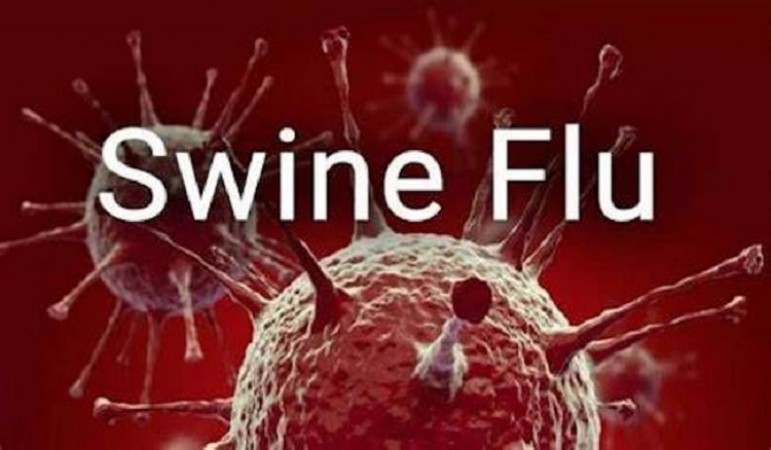
UK public health officials have recently confirmed the first case of the H1N2 swine flu variant in a human. This particular strain bears similarity to the variant commonly found circulating among pigs. The UK Health Security Agency (UKHSA) disclosed the detection of the H1N2 virus in an individual who had been experiencing respiratory symptoms. Notably, such an occurrence of this variant had not been previously recorded within the nation.
"This is the first time we have detected this virus in humans in the UK, though it is very similar to viruses that have been detected in pigs. We are working rapidly to trace close contacts and reduce any potential spread," stated the agency.
While the source of infection is under investigation, the UKHSA emphasized the endemic nature of Influenza A(H1) viruses in swine populations worldwide. Christine Middlemiss, the chief veterinary officer of the UKHSA, highlighted ongoing efforts utilizing veterinary and scientific expertise to ascertain the origins of this case.
Understanding the H1N2 Virus
The H1N2 virus is a subtype of the influenza A virus, known to be a zoonotic disease transmitted from pig populations to humans.
Influenza is a highly transmissible respiratory infection that can lead to severe illness, particularly among high-risk groups such as the elderly, individuals with compromised immune systems, or those with existing health conditions.
To date, major subtypes of influenza A viruses reported in pigs worldwide include H1N1, H1N2, and H3N2 viruses.
Symptoms and Manifestations
Health officials noted that the affected individual experienced only mild illness and has since fully recovered. Here are several examples of signs and symptoms associated with H1N2 infection:
Sore throat, Muscle aches, Headache, Runny nose, Fever, Cough, General malaise, Watery eyes, Nasal blockage, Joint pain, Fatigue, Chills, Redness in throat, nose, and eyes, Loss of appetite.
The transmission of this infection often occurs through direct or indirect exposure to pigs or environments contaminated with the virus.
Public health authorities are actively monitoring the situation and advising individuals to remain vigilant, particularly if experiencing any flu-like symptoms. It's essential to seek medical attention if symptoms persist or worsen, especially for those belonging to high-risk groups.
Efforts are ongoing to contain and understand the implications of this identified H1N2 case in the UK, emphasizing the importance of swift action and continued vigilance in managing such outbreaks.
The UKHSA continues to provide updates and guidance to the public as the situation develops.
Know the Role of Vitamin D in Boosting Immunity and Deficiency Solutions through Diet